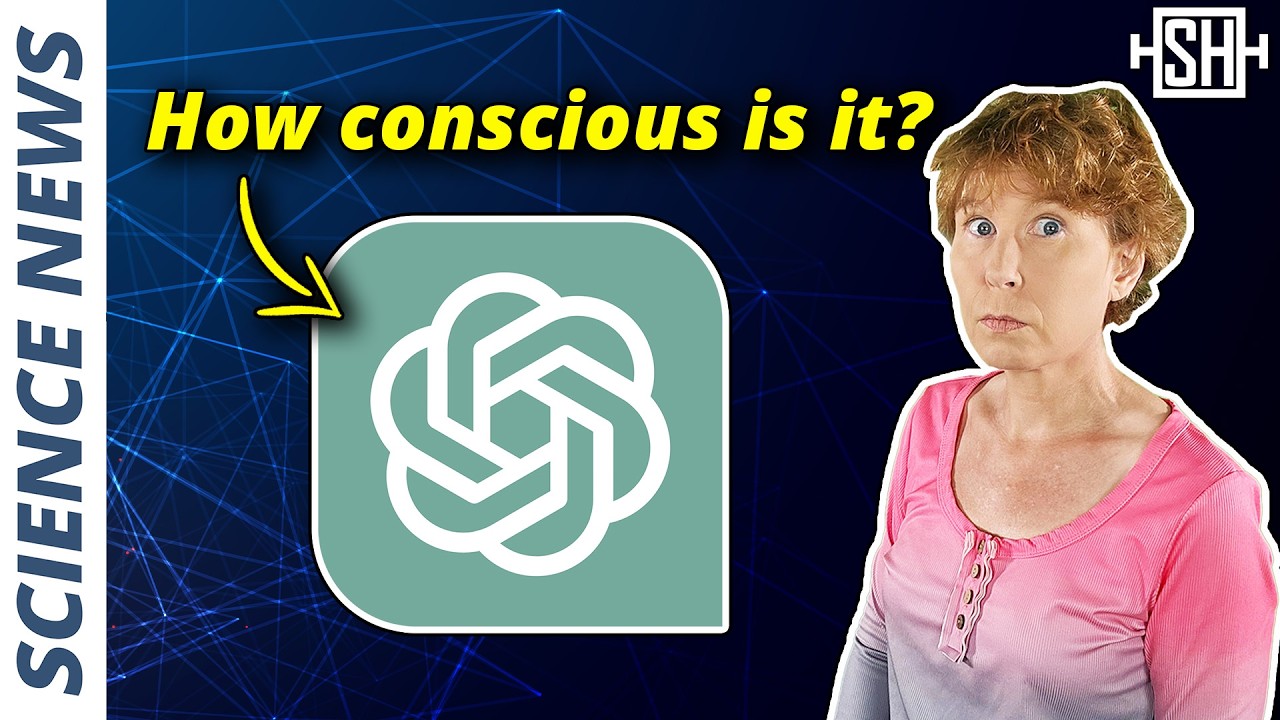In a recent discussion, the speaker reflects on public perceptions of AI consciousness, highlighting a survey where over two-thirds of participants believed that ChatGPT possesses at least a bit of consciousness, contrasting this with a much lower belief (16%) among their Twitter followers. The speaker aims to clarify their position on AI consciousness, stating they do not believe ChatGPT is conscious but suggest that other AI systems may already possess varying degrees of consciousness. They emphasize the complexity of defining consciousness, noting that there are numerous philosophical theories, and propose a minimal definition to facilitate discussion.
The speaker outlines three key assumptions about consciousness: first, that it emerges from large collections of interconnected and interacting particles; second, that a conscious system must have a self-monitoring mechanism to track its processes; and third, that it requires a predictive model of its environment and itself. They argue that consciousness is a physical phenomenon, dismissing the notion of non-physical consciousness, and critique the philosophical zombie thought experiment as flawed since if an entity behaves like a human, it must be conscious.
Using the mirror self-recognition test as an example, the speaker illustrates how consciousness can manifest behaviorally, although they acknowledge that behavior does not always correlate with consciousness. They propose that consciousness is not binary but exists on a spectrum, where different systems can exhibit varying degrees of consciousness based on their complexity and capabilities. This leads to the conclusion that computers, particularly advanced AI, have the potential to become conscious.
The speaker contrasts large language models like ChatGPT with AI models used in robotics, suggesting that while large language models lack self-monitoring capabilities, robots like Boston Dynamics’ Atlas have a greater awareness of themselves and their surroundings due to their predictive and self-corrective functions. They predict that as language models evolve, they may develop self-awareness through improved memory and self-monitoring, raising important ethical considerations concerning their treatment and rights.
Finally, the speaker posits that if AI systems were to achieve consciousness, it would transform the discourse around the dangers of AI, necessitating protections for these entities and challenging the ethics of ownership and service provision. They express skepticism about whether AI companies will be able to prevent such advancements in consciousness, leaving the audience to ponder the implications for society and technology.
